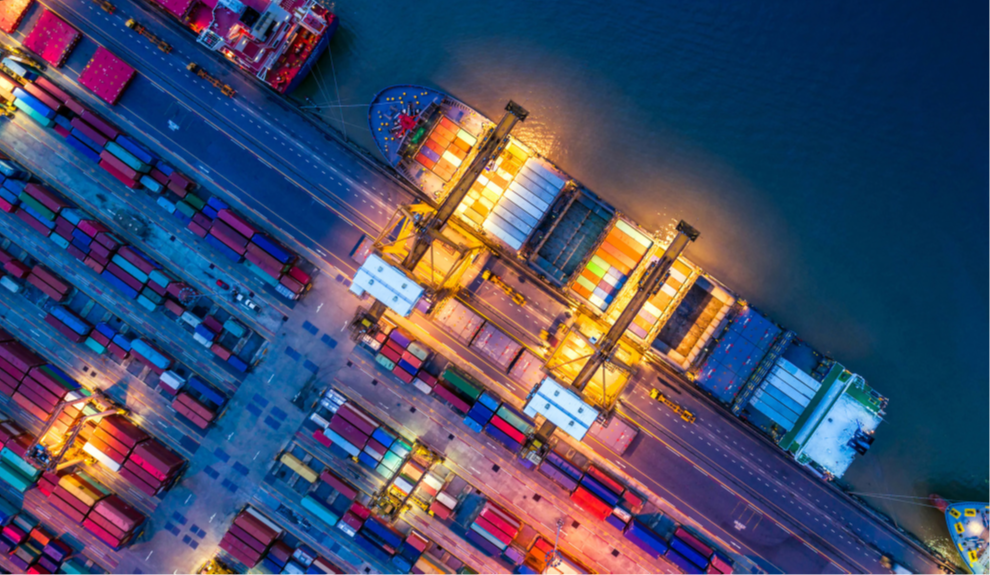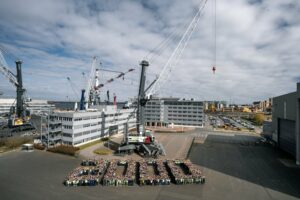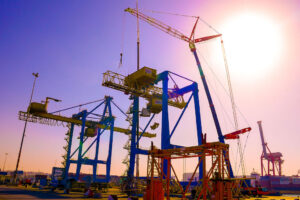Three-quarters of businesses worldwide are restructuring their supply chains by increasing supplier diversity to counter risks in an increasingly fragmented global environment, according to research by Economist Impact and DP World revealed at the World Economic Forum.
The Trade in Transition study, based on a survey of over 3,500 supply chain executives, highlights how geopolitical uncertainty, including the U.S.’s “America First” policies, is driving firms to adapt rapidly. Neutral trade hubs like Vietnam, Mexico, India, the UAE, and Brazil are becoming crucial, with 71% of executives viewing them as risk mitigators.
Strategies include boosting U.S.-based sourcing (40%), adopting dual supply chains (32%), and engaging in “friendshoring” by relocating supply chains to politically aligned countries (34%). These measures aim to address risks from global conflicts and shifting alliances.
Economic challenges, including inflation and high interest rates, remain pressing, cited by 33% of executives. Many firms are turning to advanced technologies like AI to navigate these complexities while maintaining agility and cost efficiency.
“Global trade today demands resilience and innovation,” said Sultan Ahmed bin Sulayem, DP World’s Group Chairman and CEO. “We empower businesses with infrastructure, expertise, and technology to thrive in fragmented markets.”
John Ferguson, Global Lead for Economist Impact, added, “Shifting geopolitics, climate change, and AI will shape global trade. Firms that embrace risk management and AI experimentation will lead in this new era of globalization.”






